It’s now been four whole days since we walked across the border from India to Nepal, and I’m struggling to find words to describe India. The cliche truth is, you can’t understand it until you’ve experienced it.
Early on in our journey we stopped in Rishikesh for a week to stay at a yoga ashram. Rishikesh, by the way, is the place where The Beatles came to study eastern transcendental meditation practices. Their stay in India influenced some of their music thereafter (The White Album, Abbey Road). Jessie had been taking yoga classes in Korea for several months leading up to our departure, so we decided it would be nice for us to try it together with instructions in English! Our friend Jody had spent several months in Rishikesh for a yoga instructor certification course and recommended the beautiful ashram to us. We had a great teacher, Ravi, who dealt carefully with my weak back and Jessie’s tight hip flexors but also pushed us to become more flexible in these areas. Ravi has a glowing smile and a voice that cascades like the Ganges that flows outside the yoga studio. Several times during each session I’d find myself hunched over in a very awkward position, astonished at how inflexible certain parts of my body are, and he’d tell me to try to make my back and legs completely straight…adding after a short pause in his distinctive lilt, “As much you can.”
As much you can. That phrase has stuck in our minds and we’ve joked to each other quite frequently during our India adventure to do things “as much you can.”
We experienced so many emotions, ups and downs, on a daily basis in India. Just walking down a street in anytown India you see so much. You’re forced to weave your way back and forth through crowds of people walking in every direction at every moment. Pedestrians, motorbikes, cycle rickshaws, auto rickshaws, taxis, cows with massive pointy horns, ice cream vendors and miniature trucks packed twice their height with bundled up bags of mystery merchandise vie for every inch of pavement on the roads as well as the sidewalks. They incessantly honk their horns or yell out what sounds to my English-hearing ear as “The side!” at every hour of the day and night. When you do find a brief stretch of open cement to walk upon, you still have to navigate your feet around the mounds of cow, goat and dog dung. There are just people EVERYWHERE. Even in the remotest places in the country, when you think no one is around and you pause to have a tinkle, there is always someone just behind the next bush. Especially as a foreigner, it seemed that no matter where I was there were always at least three pairs of eyes on me, if not a hundred.
Several scents compete for your nostrils. The cumin and curry odors from fresh samosas make you salivate while the sicky sweet smell of condensed milk balls being fried in ghee and dropped in sugar syrup baffle your stomach. Souring milk knocks you out as you walk past huge chunks of paneer (Indian unfermented cheese) in cheese cloth that are being pressed down by heavy flat rocks; they drip their vinegary, milky water down into the alley. Ginger, garlic, saffron, coriander, mint, lemon, onion, cardamom and masala spices dance in and out of your nose, then are swept away with a passing blast of motorbike exhaust. On each corner you grimace as you catch the ever familiar scent of urine coming from the public, unsheltered urinal stalls. Doesn’t matter; most guys don’t use them. You can’t walk ten minutes without seeing some guy pull up to a building and start weeing. You try to give that guy a wide berth as you pass him…as much you can.
As you shift your body to avoid being run over by a passing man-powered lorry, you fumble to not stop on the merchant and his wares that are strewn over a worn red blanket before him on the ground. Shops line the street for miles, each offering the exact same items as the previous hundred. Their storefronts can barely manage two people walking shoulder-to-shoulder through the entry, but many extend back from the road a hundred feet. As you pass them, trying not to make eye contact, the shop owners call out to you, “Hello! Yes, sir! You want to look my shop? Good prices. Many things for you. Come look, make your eyes happy.” We just shake our heads, smile and say, “No thank you.” Undeterred, many follow you down the block for the next two minutes trying to convince you that you need to drink chai with them and see their shop. They shake your hand but then won’t let go while they play twenty questions. It’s always the same questions: My friend, where are you from? Ah, America! What city in America? California, New York, Washington? How long you stay in (insert present city name)? When you come here? How long you stay in India? What cities you see? What is your job in America? What is your good name? Is this your sister, friend, wife? Oh, very lucky man! Where you go now? You want to look my shop? Why no?
Eventually they give up and leave you to your peace. This peace is immediately fractured by an auto rickshaw driver motioning for you to get into his tuk-tuk and demanding to know where you are going, despite the fact that you just keep walking and saying, “No. No. No. No.” As he drives slowly to keep up with your pace, you’re suddenly tripped up by a small straggly looking child who is repeatedly making the ubiquitous motion of holding her hand outstretched, palm upwards, fingertips pressed together, then quickly bringing this gesture up to her mouth and back, signifying that she’s hungry. It’s accompanied by a pitiful yet determined expression and some hardly recognizable words, “Please sir! One rupee! One chapati (cheap pita-like bread)!” Over and over and over. The beggar children will often follow you for whole street blocks. Sometimes they’ll be joined by their parents or other children. It’s hard to see so much need in their eyes and know that you can’t possibly give to everyone who asks. It is typically more effective to support local holistic empowerment programs, so usually we smile at them and say hello, but shake our heads no. Those asking for money and food were not actually as numerous as we expected. Probably not even as prevalent as the street pee-ers. Still, at each encounter as you are walking away and telling them no, it’s hard keeping your heart from flaring up in anger. Anger that these people won’t leave you alone. Anger that you feel guilt and shame because you have everything and this person has nothing. Anger that the government does so little to help their own people. You suppress it, swallowing it together with a bite of hopelessness…as much you can.
You look up and see a tangle of electricity wires extending everywhere overhead. People stare out of glassless windows at all the bustle below. If you look beyond them you start catching glimpses of huge temples or mosques or municipal buildings that have been carefully and intricately carved down to the last elephant or warrior sculpture. These buildings are so grand, their architecture is so amazing. I’ve previously posted an article with many large pictures of them, which you can access by clicking here. At the same time, they are everywhere, like the people. After weeks of visiting this temple and that temple, you start to walk by them with just a cursory, uninterested glance.
Some days you wake up and are bursting to get up and out there into the manic energy of the street. Other days you want to stay in bed and hide under the blankets. When you’re out, there’s an internal pull to keep walking, a desire to see what unique sight you’ll find just around the next corner, and the next. It competes with the desire to escape the madness, the tragic, the uber-complexity of caste and overpopulation that causes all this desperation.
Finally you duck into a restaurant or go back to your guesthouse. For a while you can relax and let your guard down. You can breathe easy and not have to think about what the popular t-shirt sold everywhere in India says: No rickshaw, No one rupee, No chocolate, No hashish, No change money, No problem. You unwind. As much you can.
You begin to feel that everyone you meet, both menacing and friendly, is only interested in squeezing money out of you. But this is a mistake. Many times people just want to help you because they can see you are a foreigner. We met lots of men, women, children and families who just wanted to shake our hands or snap a quick picture with us (blog post here). The kids laugh with glee and jump up and down with excitement just to shake hands with us. We were continually offered chances to go look inside people’s houses or to go with them to their villages. The few times we took them up on these offers we were never asked for money.
We met so many lovely, vibrant, talkative, colorful, helpful people along the way. All the taxi drivers who surrounded us and waited with us for our massively delayed night bus in Delhi (blog post here). Our dear friends at Mahatma Yoga Ashram in Rishikesh. Vinod at Milkman Guesthouse in Pushkar. The returning Indian expatriate from Germany in the German bakery in Udaipur. Lokesh and his wife, who taught us how to make delicious Indian food and gave us excellent restaurant recommendations. The rickshaw driver who drove us to our hotel in Jodhpur in the middle of the night, and when we couldn’t find the entrance, banged down doors all over the neighborhood until we got in safely. Delroy and Chito and the whole Trotters Camel Safari crew, who made us feel at home from minute one. The teenagers in Khajuraho who walked with us from one end of town to the other, talking and laughing and smiling the whole way. And countless others who supplied us with our needs, wants and unwants.
I’m still mulling all these experiences over, and will for years to come. It’s why I started this blog in the first place: to have an avenue for expressing, remembering, grappling with, re-visioning and sharing all the experiences I’ve learned while traveling. I hope you get something good out of reading it too, reader. As much you can.
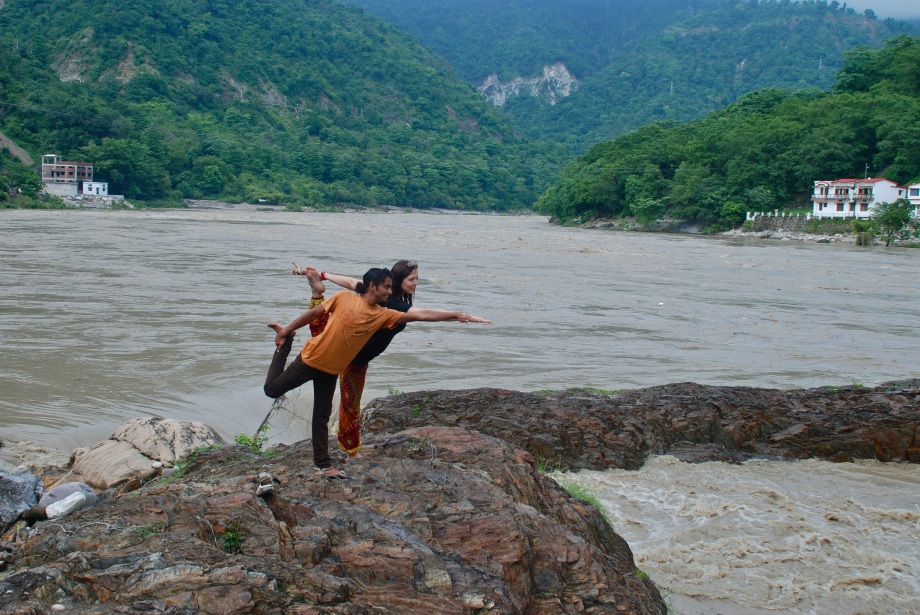
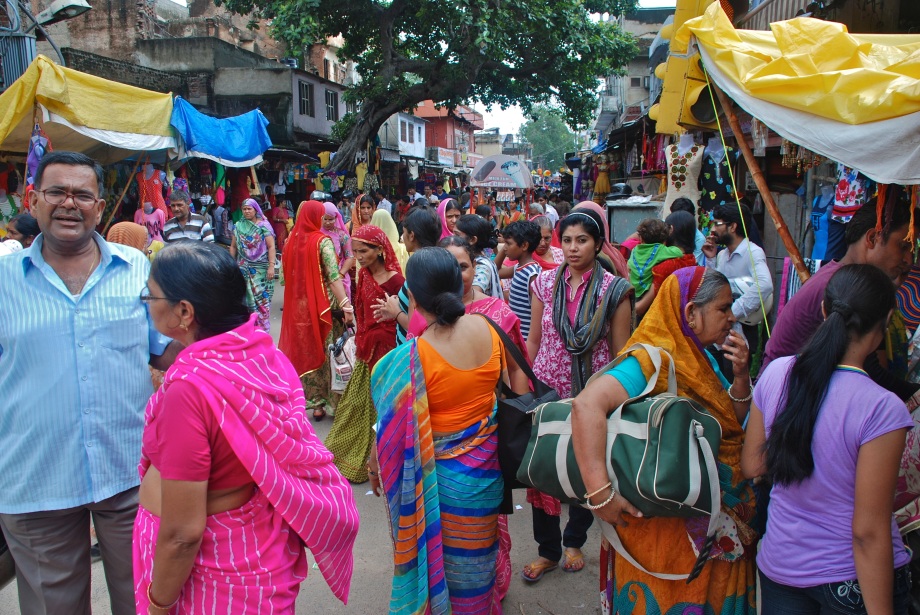
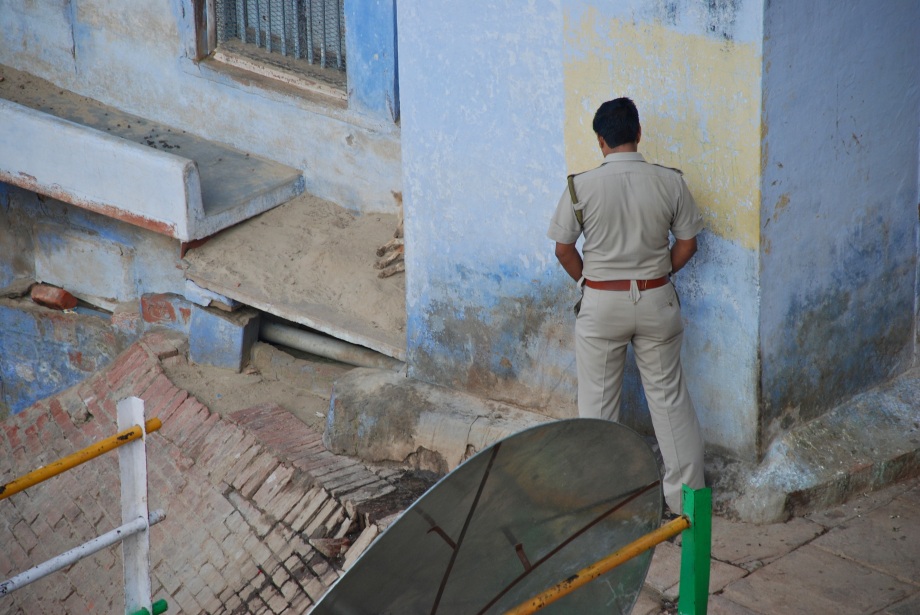
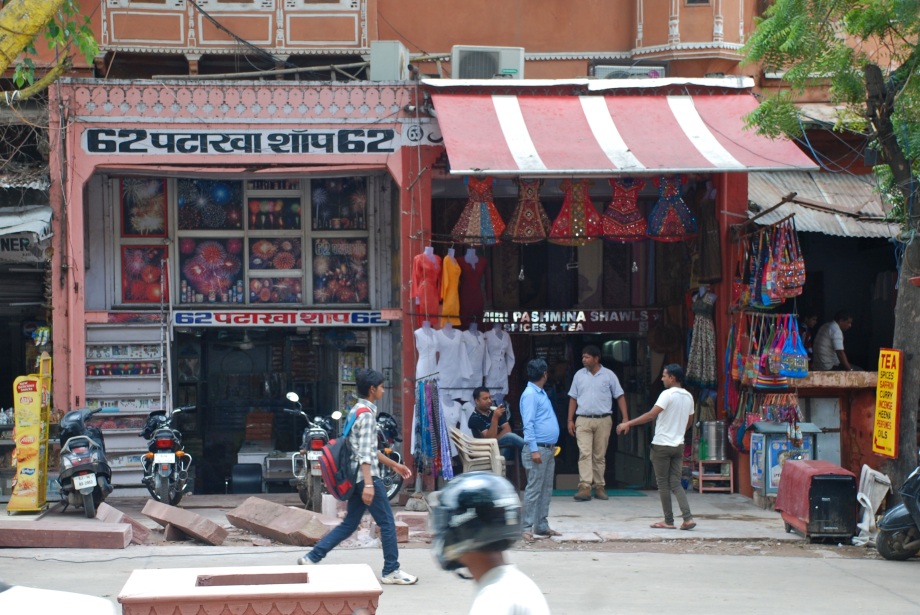
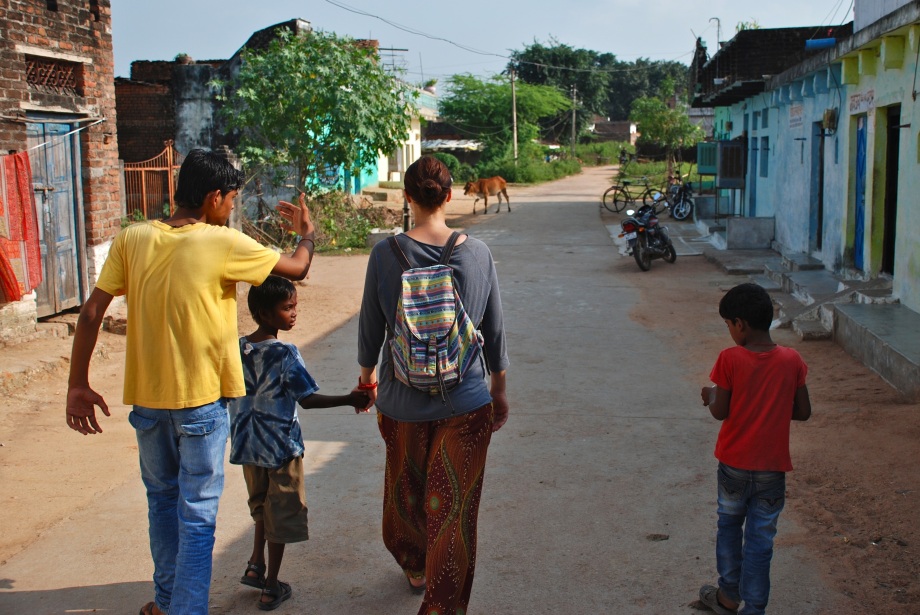
I hope u guys right a travel memoir book some day:)
LikeLike
We just might…that’s part of why I’m writing these experiences now! Thanks for reading!
LikeLike
Very well written Ryan. I am enjoying these blogs very much. Thank you for sharing your experiences that most people will never have. I look forward to reading more about your adventures….and I can’t wait for you to come home and talking to you face to face. As always, we are praying for you both.
LikeLike
What a great experience- loved reading it. I’m sure words could never express the deep deep thoughts and feelings you were going through
LikeLike
Yeah, it’s so hard to put all your experiences and emotions into a short blog post, but hopefully this at least gives a taste of what it’s like to walk down the street in Delhi
LikeLike
You nailed India in this. I can relate to all you shared with our brief time spent in India.
LikeLike
Thanks Jen!
LikeLike